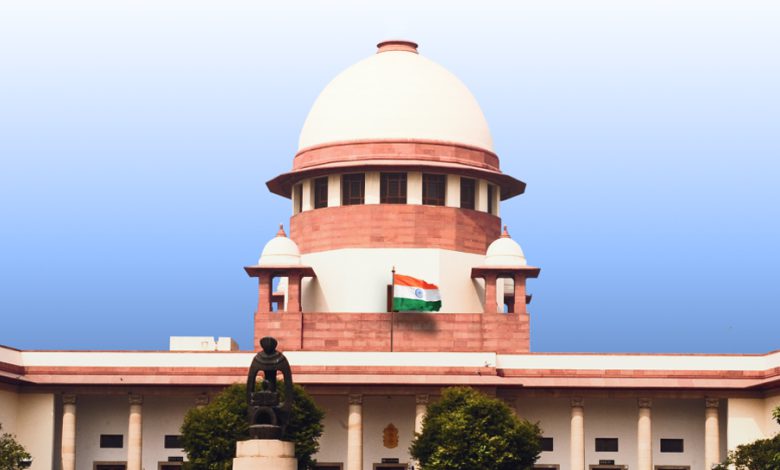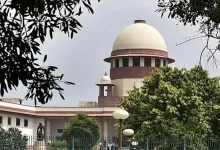
New Delhi: The Supreme Court on Thursday stayed the operation of certain parts of the contentious Waqf law, including the inclusion of non-Muslims in the Waqf boards and council, till the next date of hearing on May 5. Solicitor General Tushar Mehta assured that till the next date, no appointment shall take place to board and councils under the 2025 Act. He also assures that the status of waqfs, including waqf by user, already declared by notification or gazetted, shall not be changed the court said in its order.
The petitions challenging the Act contend that it discriminates against Muslims and violates their fundamental right to religion. Meanwhile, seven states have approached the top court in support of the Act, seeking to intervene in the case. They argue that the Act is constitutionally sound, non-discriminatory, and necessary for ensuring efficient and accountable administration of Waqf assets.
GROUNDS OF CHALLENGE
The petitioners have raised the following arguments against the Waqf Amendment Act:
- The Act dismantles the democratic and representative structure of Waqf Boards by eliminating elections.
- It allows non-Muslims to be appointed to Waqf Boards, infringing on the Muslim community’s right to self-governance.
It removes the community’s ability to assert, defend, or define its own religious properties. - It places the future of Waqf lands at the mercy of executive authorities.
Scheduled Tribe members are barred from making a Waqf, which constitutes a denial of rights. - The definition of Waqf has been altered, removing the concept of ‘Waqf by user,’ a judicially developed doctrine.
- The amendments irreversibly dilute the statutory protections afforded to Waqfs and their regulatory framework.
- They confer undue advantage on other stakeholders and interest groups.
The Act takes away various protections accorded to Waqfs and charitable endowments of other religions. - It curtails the religious and cultural autonomy of Muslims and violates their fundamental rights.
- It enables arbitrary executive interference and undermines the rights of minorities to manage their religious and charitable institutions.
- Many Waqf properties, especially those established through oral dedication or lacking documentation, could be lost.
- Around 35 amendments have been introduced, which are seen as an attempt to weaken State Waqf Boards.
- The amendments are viewed as a step towards converting Waqf properties into government properties.
- The original 1995 Act had already provided a comprehensive legal framework for Waqf management; this overhaul is seen as unnecessary and intrusive.
- The Act is feared to facilitate large-scale government interference in Muslim religious endowments.




